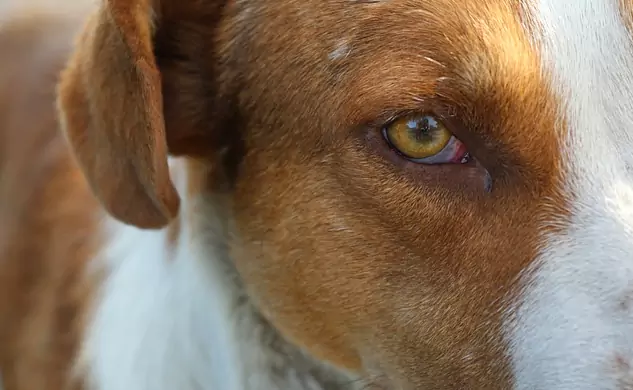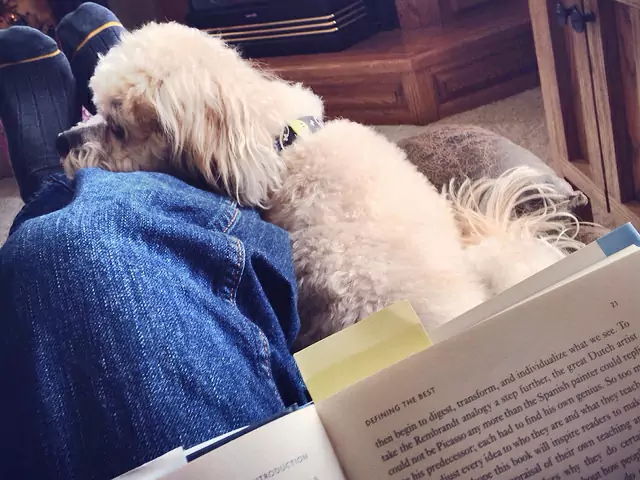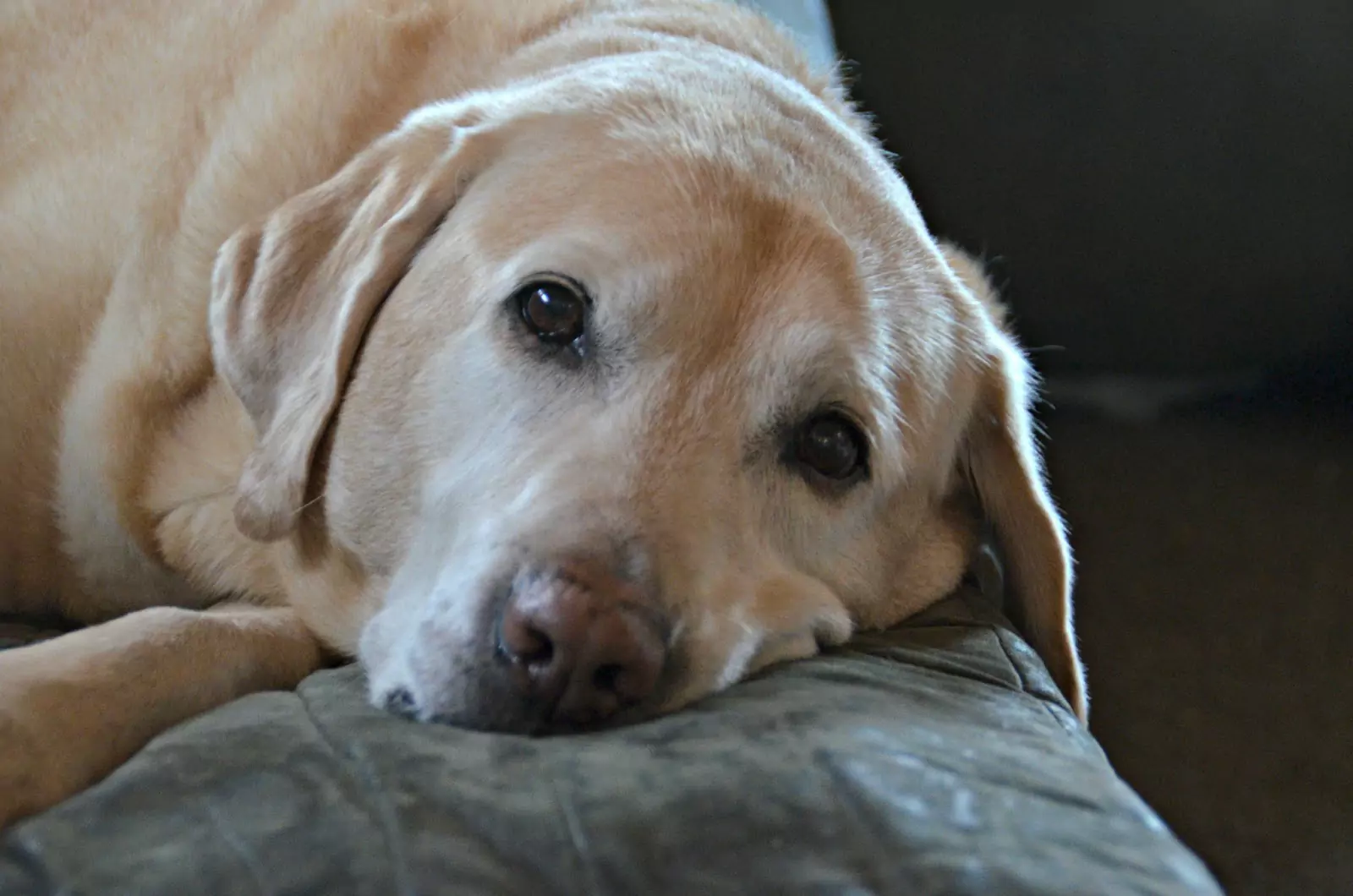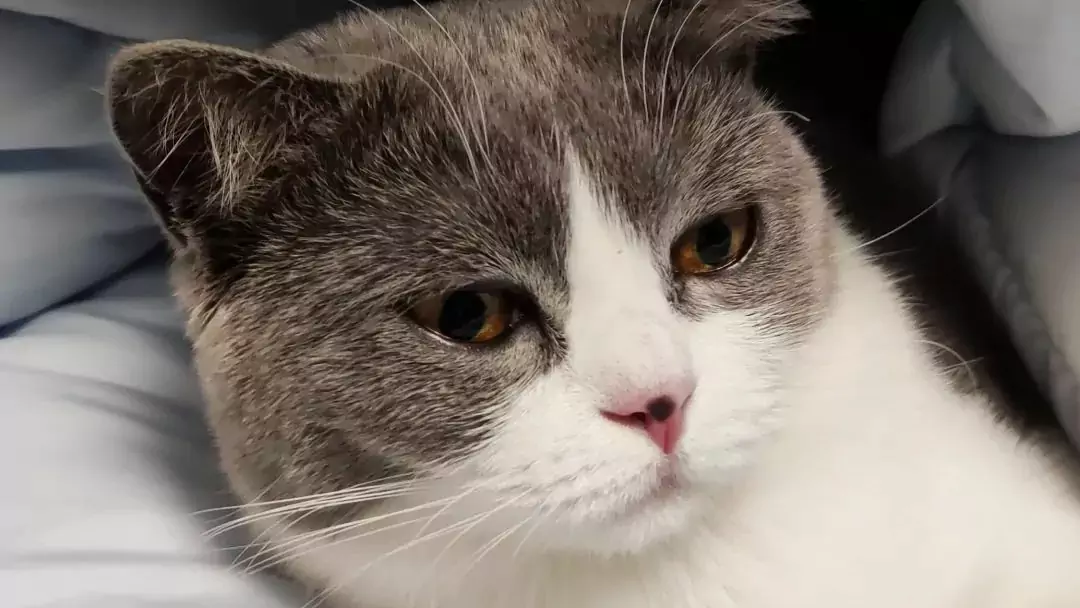Can dogs see in the dark?
2022-08-04
I. Dogs can not see at night only by listening to the sound? Not really, dog eyes can still shine at night
Many people think that dogs rely mainly on sound to identify strangers at night, and many people think that dogs' eyesight is very poor, because very often we will find that dogs move their ears first when other people are approaching, and only after that do they use their eyes to see.
Many people will feel that the dog's eyesight is very poor, and scientific research has also proved that the dog's perspective range is very narrow, and the dog can distinguish a few colors, almost black and white photos!
This is why many people think that dogs are invisible at night!
And is this the case? We might as well look at what is going on, right? I believe that many people have heard the phrase: blinded my titanium dog eyes!
This time there is a problem, why do you see the dog's eyes bright in the dark, we think carefully, is not we will see such a picture in many literary works - in the night suddenly appear stars bright light, but the eyes of the wolves?
The genetic similarity between wolves and dogs is nearly a hair, and dogs naturally have the same eyes as wolves.
Just like cats' eyes look particularly bright at night, dogs' eye structure is similar to that of cats to some extent.
According to a recent study by the University of Wisconsin-Madison, dogs have five times more night vision than humans, and cats have six times more night vision than humans, which means that when the nighttime luminosity is only 1/5 of what humans can see, cats and dogs can still clearly see objects in the dark.
Because the night vision of herbivores is weak, to improve hunting efficiency, wolves have naturally evolved not weak night vision.
The most crucial place is in the dog's retina, where there is a unique layer of a structure called the bright light blanket, which is similar to the reflector, reflecting light and refracting it several times to improve the efficiency of light utilization.
After the pupil of the dog becomes larger at night, try to receive more shimmering light, but because of the convergence of the lens and ciliary body is a convex lens, light convergence in a small area, precisely because the pupil is large. And the human photoreceptor cells in the dark are columnar, sensitivity is enhanced, and it is seen to be bright.
This is why the dog's eyes are glowing at night because the light reflected in the dog's eyes makes it brighter compared to the surrounding environment.
But there is a downside to this because the dog's eyes are very sensitive to light, so at night, the shovel suddenly shines a flashlight on the dog's eyes what will happen?
Have you ever gone to see the sun during the daytime, is it possible to feel that your eyes suddenly look at things with black spots?
And when we are at night, suddenly someone across the car headlights open, we do not instantly feel the general feeling of blindness, so we have to think about it, the dog's night vision is more than five times that of humans, so even we feel uncomfortable with the bright light stimulation, for dogs will be how?
And research shows that the dog's eyes after long-term bright light stimulation will lead to more than ten times the probability of lesions, which can be said to be a very high degree of probability.
But some people also want to say, so dogs such vision is not like cats need to eat mice?
This relates to a long-standing rumor that many people believe that cats eat mice to get the basic nutrient - taurine - that can keep them active at night with adequate vision.
But what about the reality?
For one thing, taurine's primary role is not to help cats have night vision, but to protect them from eye lesions! One thing you need to understand is that the source of a cat's need for taurine is because cats cannot synthesize it on their own.
Because the cat's body lacks a key enzyme, cysteine decarboxylase, even if it gets enough methionine, but without the help of cysteine decarboxylase, methionine and cysteine can not synthesize the required taurine, which makes the cat can only get this element from other animals, which is This is also the reason why cats are carnivores, because vegetarianism is not even a guarantee for their basic survival.
Taurine can be combined with bile acid to form taurocholic acid, which promotes the digestion and absorption of fats and lipids. It also has a pivotal role in maintaining its sharp vision, normal reproduction, immune and neurological functions, and many other aspects, and is a very important essential amino acid.
Dogs can synthesize taurine spontaneously, which allows them to maintain night vision at night even without catching mice to eat.
But the abundance of taurine does provide better eye protection for dogs, making them less likely to develop eye disease.
In addition to taurine supplementation, pooper scoopers also need to pay attention to other dog eye diseases, as older dogs are prone to common eye problems such as glaucoma and cataracts.
The most critical place is to reduce the stimulation of the dog's eyes, at this point, we can throw aside some flashing toys for dogs at home, especially those infrared-like to stimulate the behavior of the dog's eyes should pay attention!
The next is to adjust the lights at home, because too bright lights are not only harmful to dogs but also harmful to humans themselves, so choose soft soft light will be better.
In addition, the pooper scooper can also take the dog to see more natural light at ordinary times, not always in a bright place, which can also play a protective role Oh!
Are your dog's titanium eyes okay now?
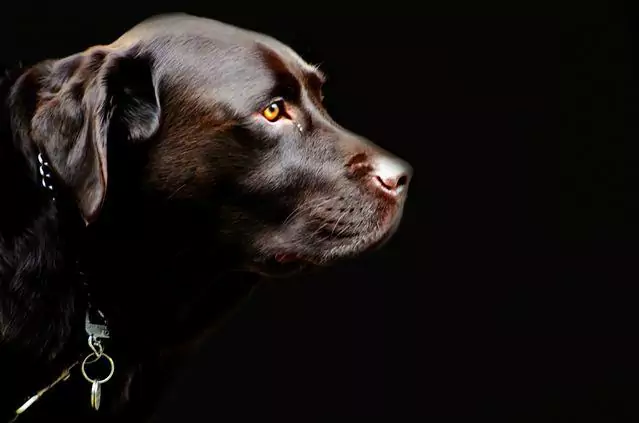
II. Dogs can be afraid of the dark, but not because they can't see
Why are dogs afraid of the dark?
Some dogs may feel anxious when encountering dark alleys, late-night walks, or dark rooms. They may avoid these areas or even try to escape in the dark. Generally, signs of anxiety in dogs include drooling, restless pacing and barking.
This anxiety is generally not due to their inability to see in the dark. In fact, unless a dog has vision problems, dogs generally have better night vision than yours. Instead, a dog's fear of the dark is more like hypervigilance because they have a sense of smell and acute hearing, and the world at night seems to be full of strange smells, sounds and action behaviors that make them feel threatened and dangerous.
Especially in low light situations, dogs have much better eyesight than we do. This is because dogs have a special structure in the back of their eyes called the fleece layer, which reflects more light into the retina, and they see well even in dim conditions. However, any place that is absolutely dark (such as a room without a light source) can severely limit a dog's vision. In these situations, dogs are just as vulnerable as we are because there is no light to magnify their fuzzy felt layers.
Another scenario is that dogs that appear to be afraid of the dark may actually be suffering from separation anxiety. This is even more common when dogs become distracted and destructive when they are afraid of being separated from their humans and alone.
To help your dog relieve separation anxiety at night, separation anxiety training should be done during the day. When training, exercise first, then be alone, and rest quietly when tired is the reward for being alone. Let your dog get used to being alone for a short time first, and then slowly extend the time after he gets used to being alone, or you can let him get used to the air box as his resting place. In addition, at the beginning of training, you can provide clothes with your scent in the den as a companion. Finally, add a night light to their sleeping area.
#
Taurine
#vision
#night vision
#light
#solitude
#excrement removal officer
#eyes
#separation anxiety
Previous:Are dogs nocturnal?
Next:Can a dog cry?
Was this article helpful to you?
Other links in this article
English:
Can dogs see in the dark?
Deutsch:
Können Hunde im Dunkeln sehen?
español :
¿Pueden los perros ver en la oscuridad?
Italiano:
I cani possono vedere al buio?
Nederlands:
Kunnen honden in het donker zien?
Polskie:
Czy psy widzą w ciemności?
Português:
Os cães conseguem ver no escuro?
português (Brasil):
Os cães podem ver no escuro?
русский:
Могут ли собаки видеть в темноте?
日本語:
犬は暗いところでも見えるのか?
中文简体:
狗在黑暗中能看见吗?
中文繁体:
狗在黑暗中能看見嗎?
Comments
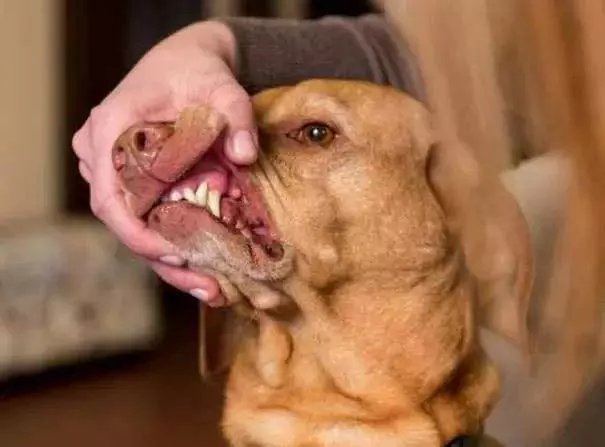
Is a dog's mouth cleaner than a human's? Dogs' mouths need regular cleaning

Can dogs eat beans? Do dogs eat beans for health?
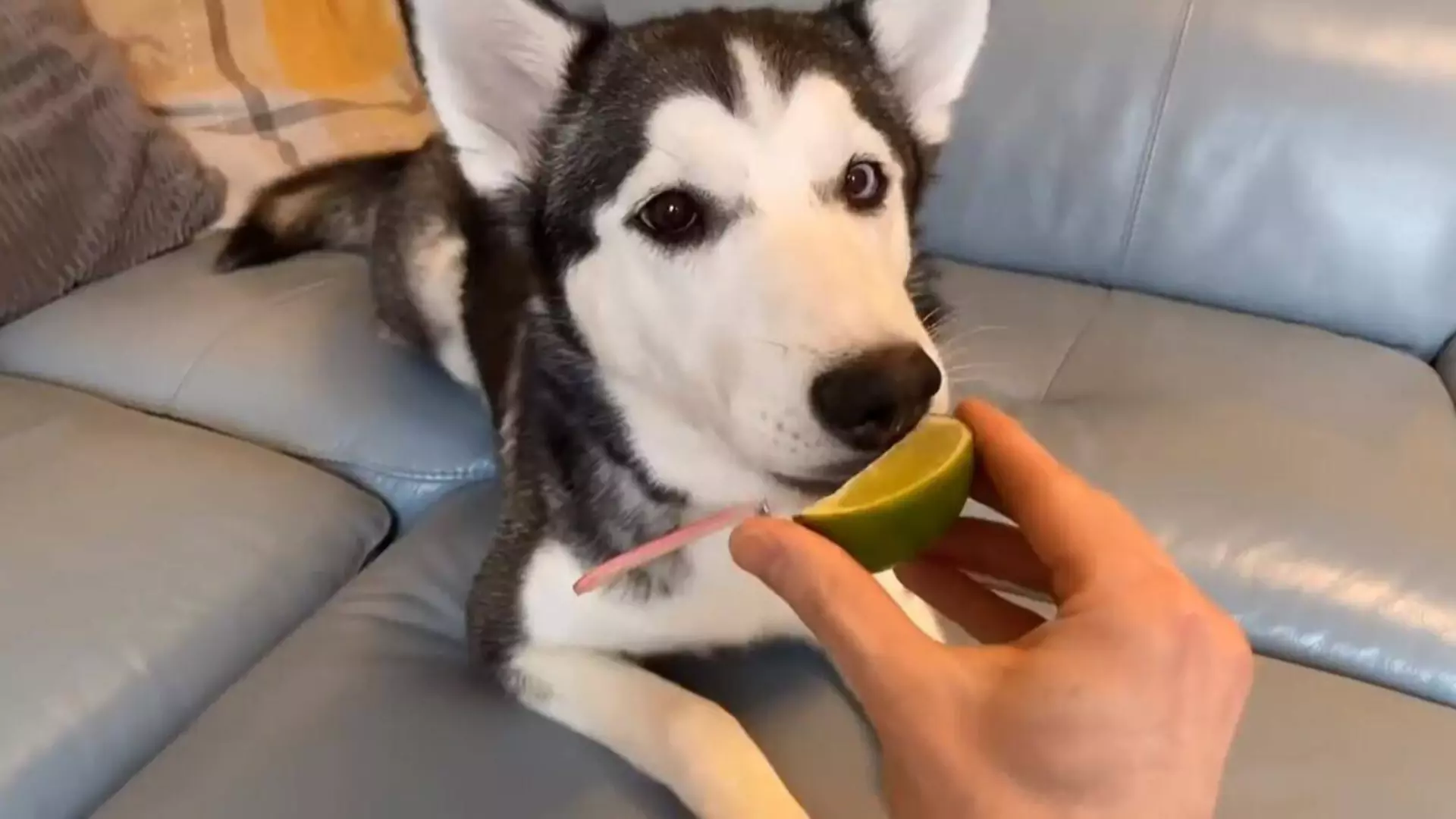
Can dogs eat lemons? Fruits that dogs should not eat more of

Do dogs have nightmares? Are dogs' dreams similar to humans'?
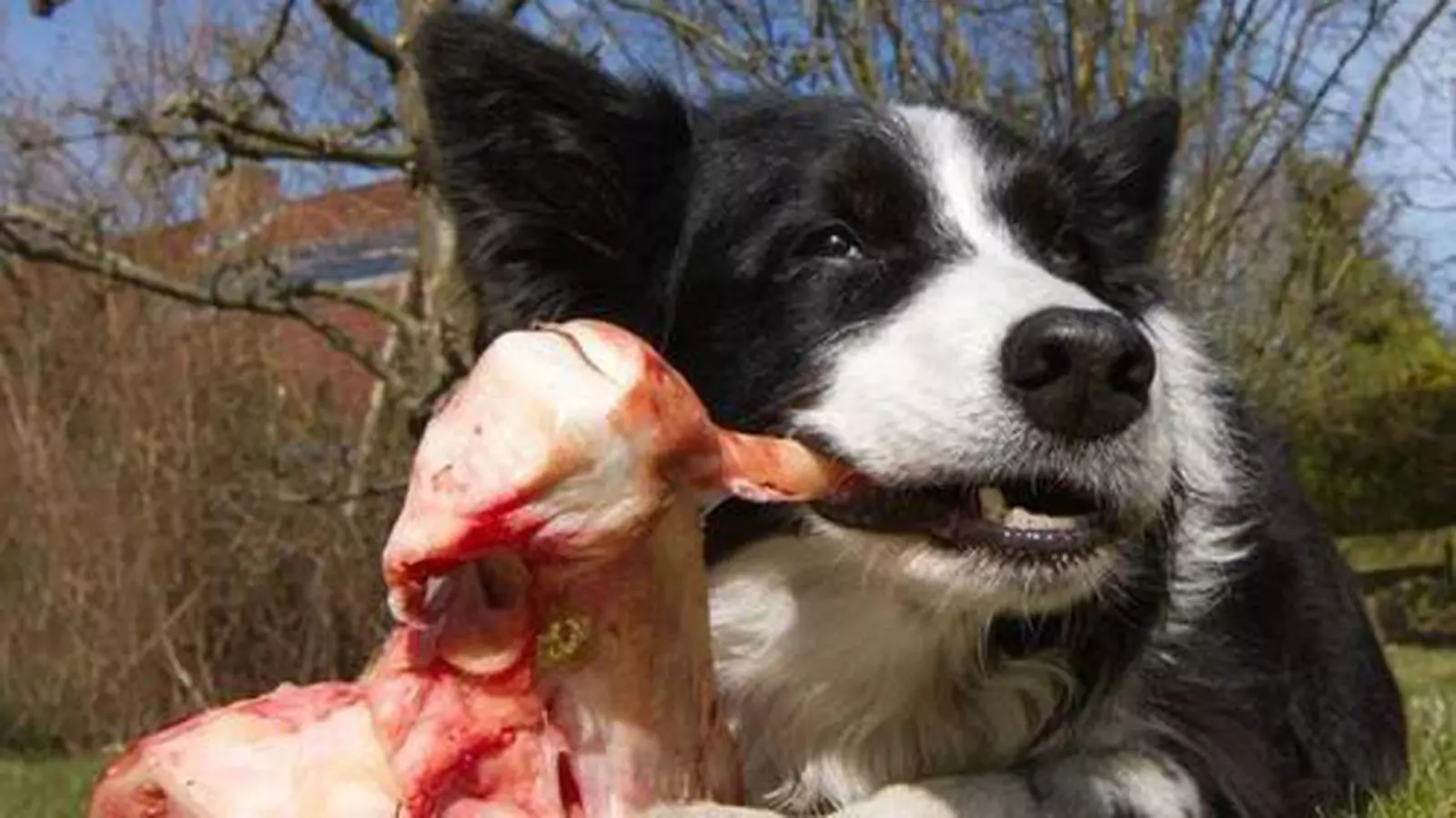
Can dogs eat raw beef? The benefits and drawbacks of beef for dogs

Is raw meat good for dogs? Can dogs eat raw chicken?
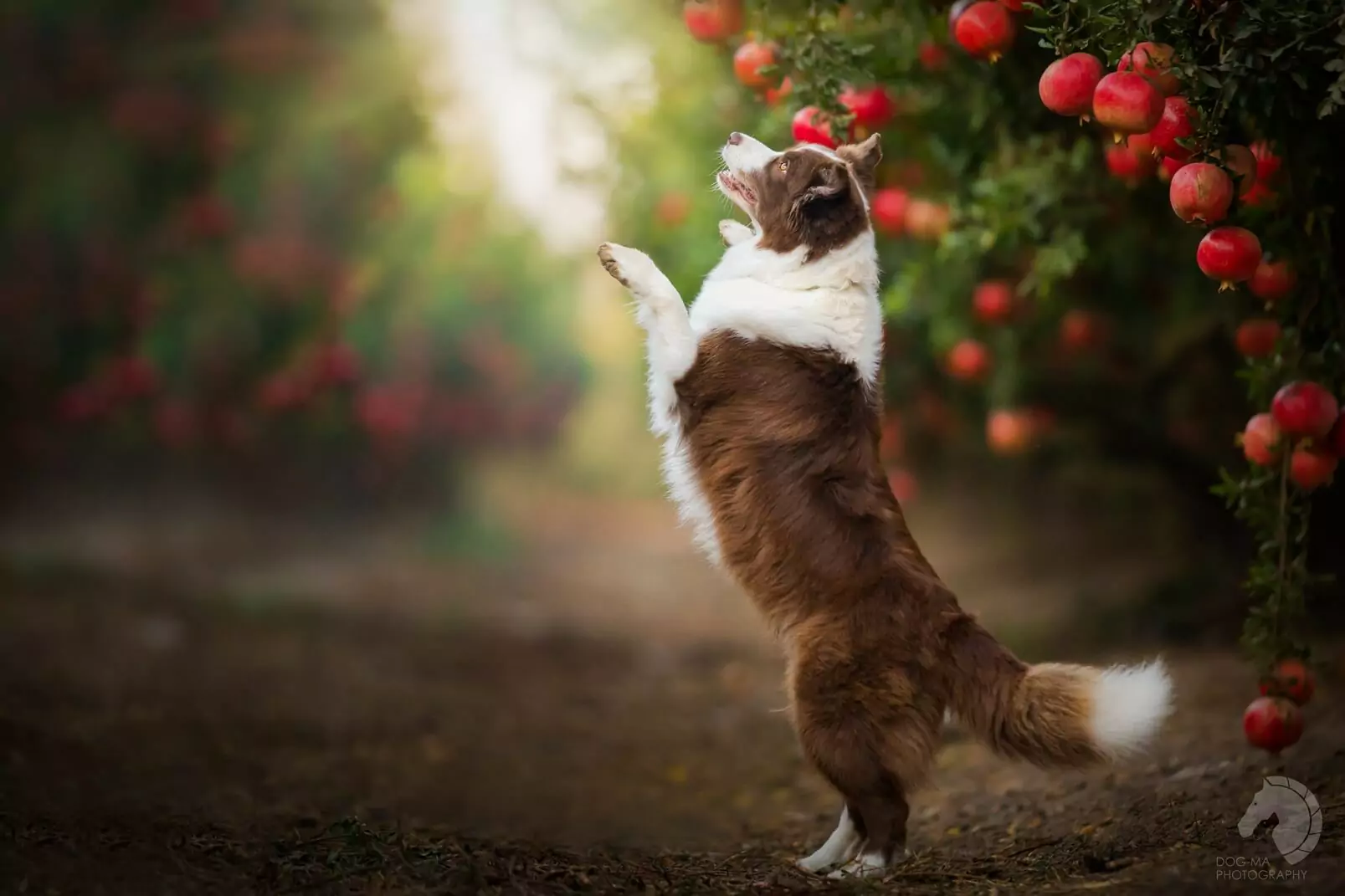
Can dogs eat pomegranates?

Can dogs eat ham?Can all types of ham hocks be eaten?

How to give a dog a bath

Can dogs eat kimchi?





